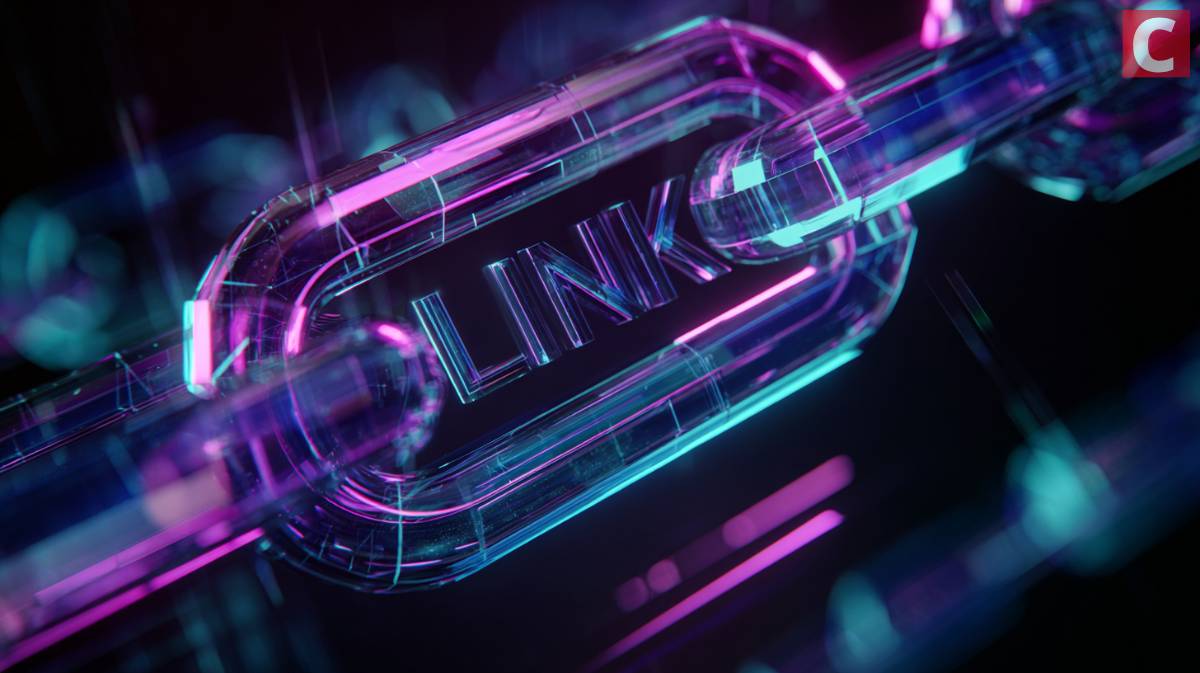
June 30th, 2025
With its Layer 2 solution, Polygon offers users faster transactions and reduced fees while preserving the security and decentralization of the Ethereum blockchain. Keep abreast of the latest Polygon (POL) news as the platform continues to shape the Ethereum scaling environment and follow Polygon ecosystem updates.
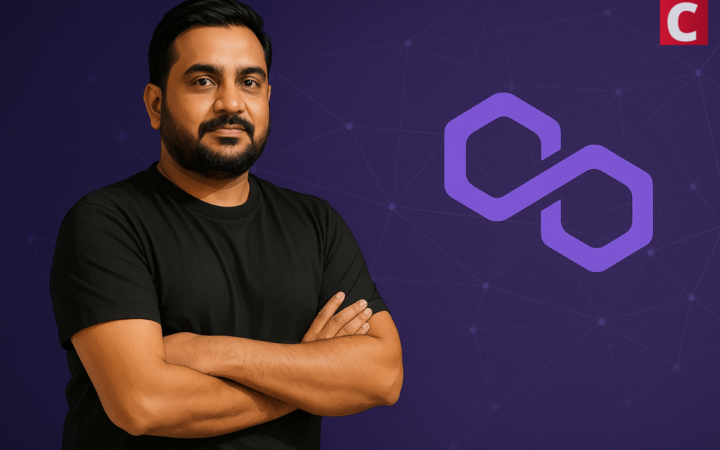
Polygon co-founder Sandeep Nailwal has taken the reins as CEO of the Polygon Foundation, signaling a return to founder-led execution.

Bjelic is the third Polygon co-founder to exit the blockchain network within the last two years, fueling concerns within the community regarding the protocol’s future.
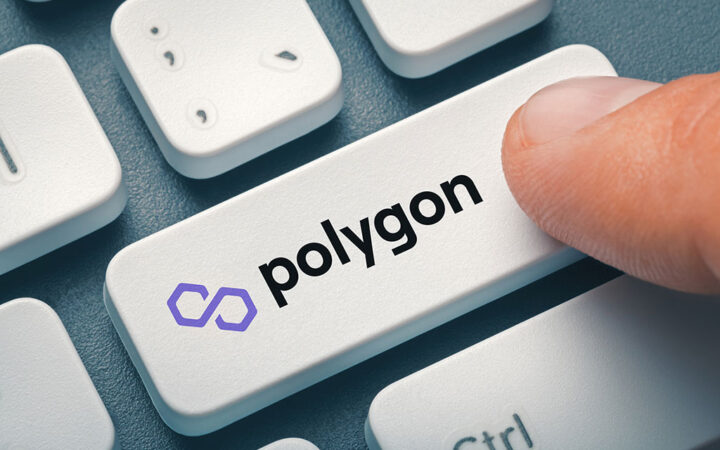
Crypto analysts note that POL needs to reclaim the $0.364-$0.509 range to prevent further sell-offs and stabilize its value.
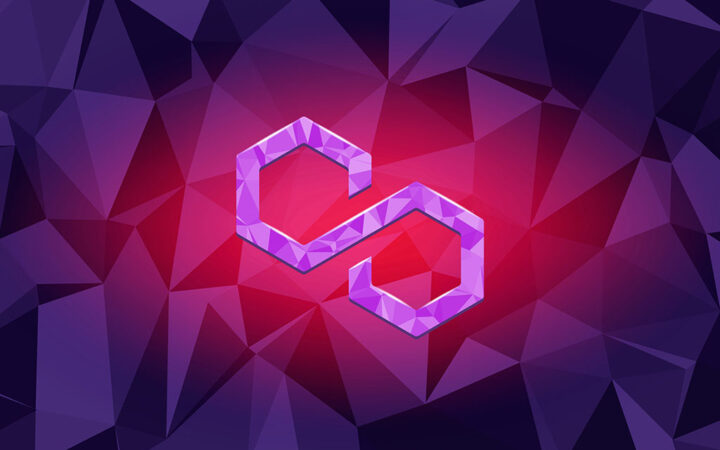
Struggle for Polygon continues with the declining network health amid Ethereum’s failure to start a bull run. Will this lead the POL price to face a crushing blow to $0.23?

Despite the excitement, JioCoin has drawn criticism regarding its transparency and functionality.

Jio Platforms collaborates with Polygon Labs to bring blockchain solutions, empowering millions of users with advanced Web3 capabilities.

The once-in-a-lifetime festival symbolizes spiritual cleansing and unity for millions of people worldwide.
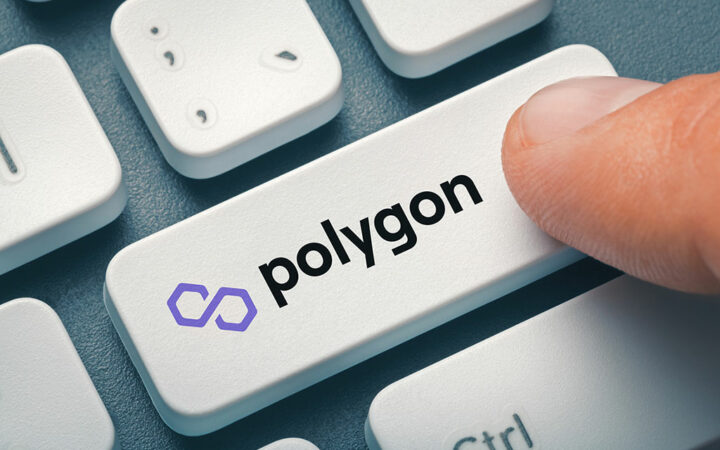
Polygon trapped in a free-fall rally turns the technical indicators red. As the price hovers around crucial support levels, the Polygon network continues to achieve record-breaking user adoption. Will this lead to a bullish 2025?
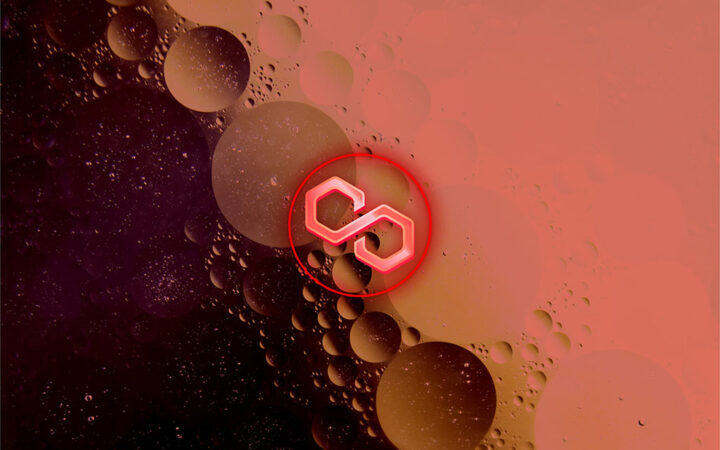
Polygon will not set up a stablecoin-based yield generation outfit on Aave.

A new proposal for the Polygon PoS Bridge seeks to activate $1.3 billion in idle stablecoins, generating $91 million in annual yield.
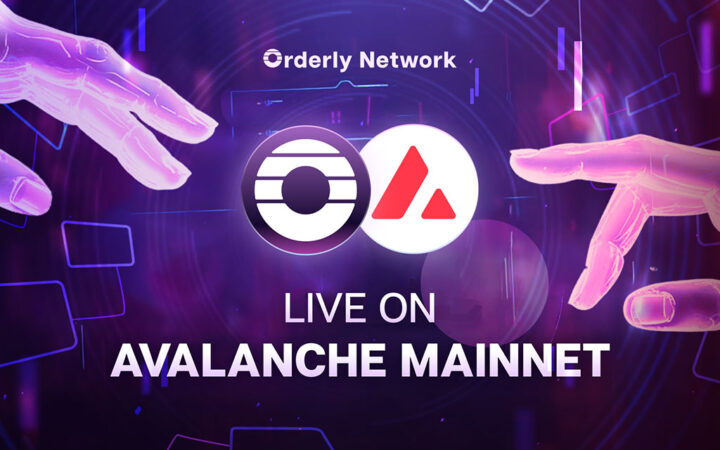
With the integration of Avalanche, Orderly now supports seven blockchains, enhancing its footprint in the DeFi space.

For dApps, fast finality is critical because it means they can offer users guarantees in terms of transaction validity. This helps to increase trust in those dApps and boost user security, providing reassurance that their transactions won’t be reversed or altered in any way.
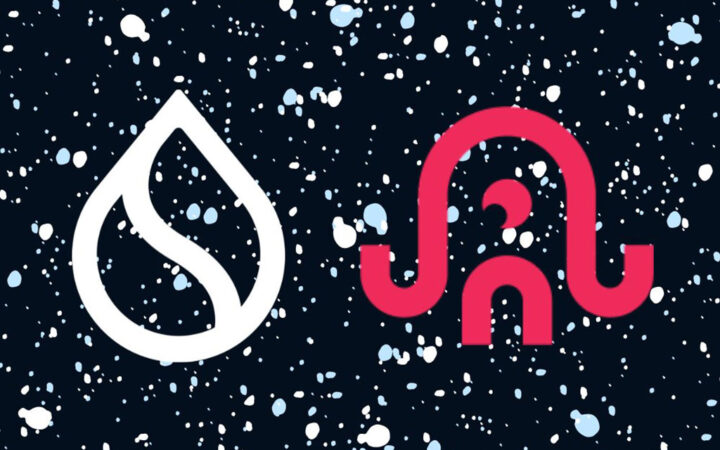
With Ika’s integration on Sui, developers can now build secure, decentralized applications on a network that supports Bitcoin and other blockchains.

Xalts partners with Polygon to enhance RWA tokenization, aiming to streamline blockchain adoption for financial institutions and improve asset management.

Despite the initial optimism around the MATIC to POL token migration, Polygon’s native crypto POL faced a sharp decline in late September.
Polygon POL $0.19 24h volatility: 5.2% Market cap: $1.69 B Vol. 24h: $76.53 M is one of the most popular layer-2 solutions as it helps Ethereum ETH $2 490 24h volatility: 2.2% Market cap: $300.42 B Vol. 24h: $17.24 B solve its scalability challenges. While transaction speed is a major selling point, it is worth mentioning that the Polygon system has seen a serious evolution from a simple scaling solution into a welcoming platform for advanced blockchain functions.
One of the most exciting developments in the Polygon ecosystem is its adoption of zk-rollups (zero-knowledge rollups). This tool enables the platform to offer fast and secure transactions that maintain privacy without weighing on the Ethereum network.
The commitment Polygon platform to interoperability is another notable feature of the Polygon network. Polygon easily connects with Ethereum and several other blockchain networks to give developers the flexibility they need to create scalable decentralized applications (dApps).
As Polygon evolves, its use cases are becoming clearer to stakeholders in the blockchain sector. Popular decentralized finance (DeFi) platforms like Sushiswap, Curve, and Aave have already integrated with Polygon to provide their users with a seamless experience.
Polygon now runs a robust and dynamic ecosystem with several developer-friendly tools and a list of use cases that continuously expand as adoption grows. The platform is already being used for privacy-focused applications, supply chain management, and other less common but essential functions like decentralized voting. With support for DeFi, dApps, smart contracts, and non-fungible tokens (NFTs), Polygon will likely remain one of the most versatile crypto platforms in the blockchain industry.
MATIC is the original native token of the Polygon platform. Since the network’s inception, MATIC has been used for transaction fees, staking, and governance purposes. On the other hand, POL is a newer token introduced to the ecosystem to replace MATIC, as part of the Polygon 2.0 upgrade.
Polygon is a layer-2 scaling solution designed on top of the Ethereum blockchain. The platform enhances Ethereum’s capabilities by increasing transaction speed and reducing fees. Polygon maintains compatibility with smart contracts and dApps on Ethereum.
Polygon primarily uses the Solidity programming language, also utilized on the Ethereum blockchain. Nonetheless, Polygon developers also use other Ethereum-compatible languages like Vyper.
Whether Polygon is better than Ethereum depends on context and use. Ethereum is a more established network with a larger ecosystem and more adoption. However, Polygon is attractive to many developers because it is a more scalable option, with cheaper fees and higher speeds.